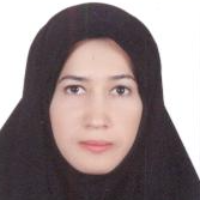Analyzing the effects of small local projects on water control and transfer on the rural economy(Case study: Neishabour city)
Today, water is one of the greatest challenges of the present century and is the source of many changes in the world. Since the distribution of water resources and rainfall is generally disproportionate, storage and transfer on a micro scale, as well as between water basins in the form of water schemes for collection, transmission is necessary for the balanced development of human activities. Therefore, the optimal and correct use of water resources and preventing their loss is very important. The present study seeks to identify the most important effects of small-scale local projects of water control and transfer on the development of rural economy in the territory of Neishabour city and identify the problems facing them. The research method is descriptive-analytical. The number of samples is 165 shares per pool water or dam, which was determined by using formula N0 according to the number of water shareholders. According to the obtained results, the creation of small-scale and local plans to control and transfer water has increased the level of power of the rural economy, especially in the agricultural sector. Because the efficiency and area of agricultural and garden lands have increased significantly after the creation of small-scale and local plans for water control and transfer. There are also problems such as disputes over water sharing, destruction by strangers and lack of capital, poor cooperation between owners and funding, lack of security, surface water management and financial problems in this area
-
Pathology of Rural Guide Plan as the most important tool of rural development management in Iran (Case study: Mashhad county)
Bahareh Tajgoli, Maryam GHASEMI*
Journal of Spatial Planning, -
Strategic planning of sustainable rural tourism developmentCase Study: Neyshabur county
Zahra Mozaffari, *
Journal of Tourism and hospitality marketing research,



